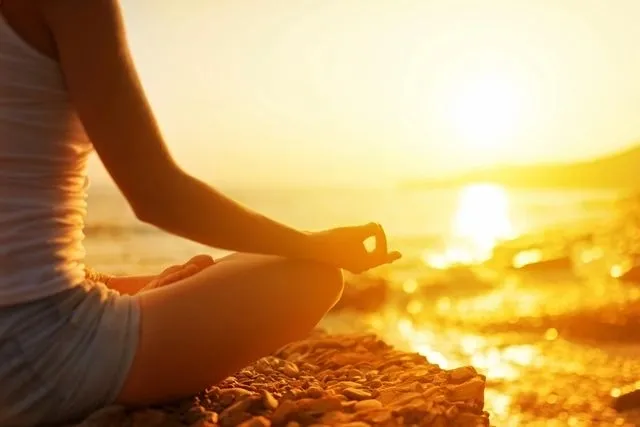
GROWING, COPING, AND HEALING THROUGH THE PRACTICE OF MINDFULNESS
Our amazing ability to analyze past actions and to plan for improvements is uniquely and beautifully human. No other beings can think and conceptualize as we do. But there are times when it is better to stop. Stop working over yesterday’s comments and actions, or the plans for tomorrow, and simply live in the moment.
Our minds are hardwired to constantly be on the move, making it difficult to live in the moment. In ancient times, people survived because they learned from their mistakes and could plan for the future. They knew the best hunting grounds as well as the places the most dangerous predators lived. Our species is still here because we practice this trait.
In today’s world, however, we’ve learned that it’s good to allow ourselves to experience life as it’s happening right now. That’s what mindfulness is. Mindfulness is also a practice that aims at cultivating clarity, insight, and self-understanding.
Experts on mindfulness, from medical doctors to Buddhist monks, base their theories on the premise that most of our active and wandering brain activity develops from our attempts to avoid activities and situations that make us anxious or fearful. These experts have found that we actually become more anxious when we fail to confront our fears. Thus, as we engage the things that our minds, and sometimes our shallow breath and quickly beating heart, tell us to run from, we discover new truths. For one thing, we learn that the bad thing doesn’t last forever and we are OK after we endure it. Then, as we teach ourselves skills to cope with the bullies or the relatives at holiday dinners, we realize we have power to control and survive our situation.
In fact, scientific research implies that engaging in a mindfulness practice can positively affect a person’s ability to decrease medical and psychological symptoms while learning to live life more fully. In other words, those thoughts that you let race through your mind are just thoughts, not reality. And you can create your own reality as you deal with situations that tend to cause anxiety.
As Mark Twain said toward the end of his life, “I’m an old man now. I’ve lived a long and difficult life filled with so many misfortunes, most of which never happened.”
And don’t worry, even if you become successful at mindfulness, you’ll have time during each day to work your brain. You might be helping your child solve a problem, or arguing a complex plan with a colleague at work, and you’ll be fully engaged. And if you practice mindfulness, you will know how to react in a healthy way that will increase your happiness instead of your anxiety.
If you’d like to learn more about mindfulness and how to better handle anxiety, call me at (203) 426-3046.
